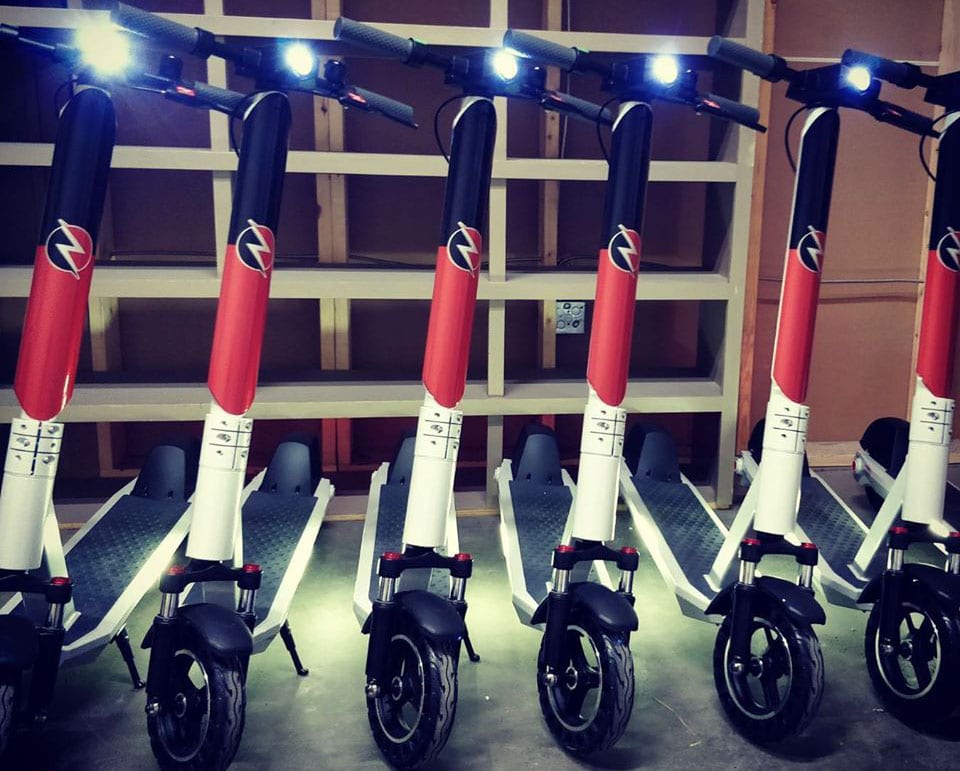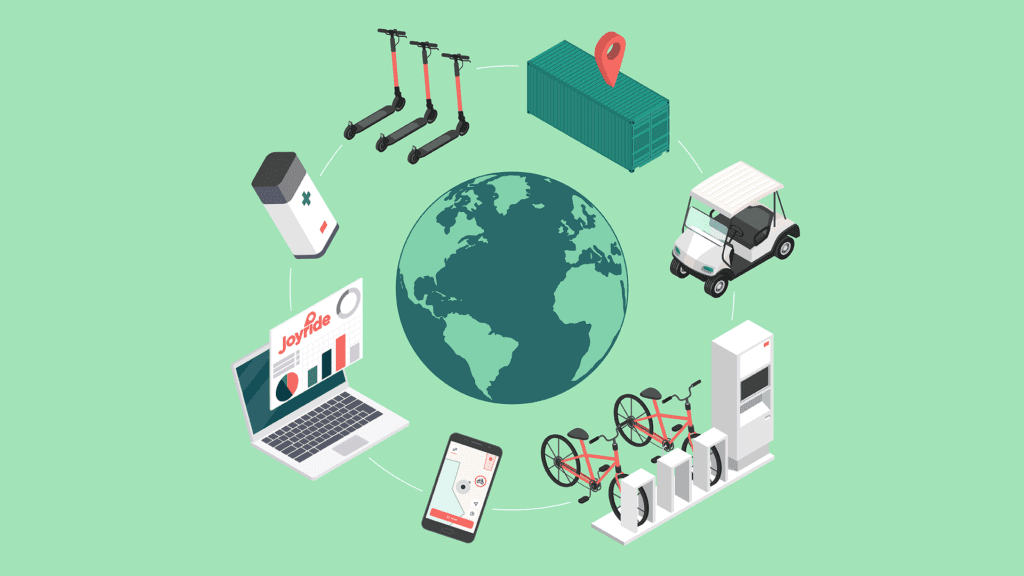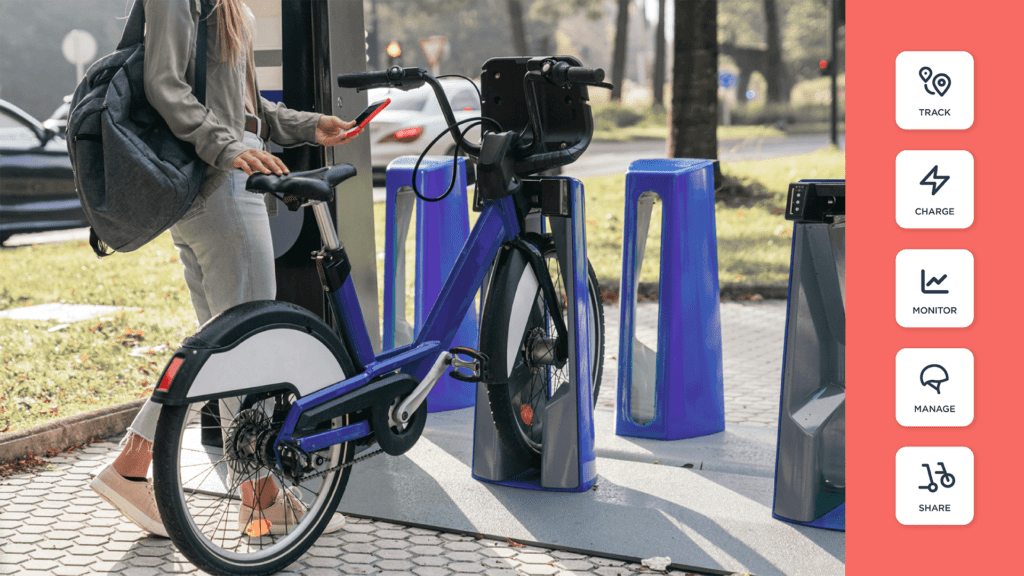Luke Mydlarz can tell you how many people are riding a Zip scooter at this very moment in Kelowna, Canada. He can instantly ping his operations manager to pick up and rebalance any given vehicle, and he’ll set up new geofencing parameters with the tap of a finger. And he’s doing this all from more than 2,000 miles away in Ontario, where he still maintains a full-time job as a financial controller at a large media company.
Mydlarz will be the first one to admit that launching and operating an electric scooter company isn’t a simple process—there are legal, insurance, software, hardware and city-specific regulations involved, just for starters. Yet Zip Scooters is majorly hitting its stride in Kelowna, and Mydlarz is here to tell us why, how and where things are going next.
JR: What led you to launch Zip Scooters?
LM: I was traveling to Venice Beach for work in early 2018, and I saw electric scooters popping up all over the place. The market was just taking off and I came back to Canada eager to invest in a micromobility company. But there was no one doing it. No e-scooter companies in Canada. So I decided to start my own electric scooter-rental company.
How did you launch a scooter business without any past experience?
Living in Waterloo, Ontario means I have access to a major tech innovation center. Together with a solar car expert from the University of Waterloo, we made our own IoT/GPS accelerometer that integrated with any consumer-grade Segway ES2 scooter. We started to build our own rider app in a prototype capacity until I began speaking with Joyride in early 2019, around the same time I received a permit to launch Zip in Kelowna. I quickly saw that it made sense to migrate to ACTON scooters that were integrated with Joyride’s software platform. Joyride then developed my user app and created the Zip dashboard within a matter of days so that I could meet my Kelowna target launch. I didn’t have to worry about the IT app component and instead could focus on business development. I basically plugged Zip into Joyride and then built my business from there.
Why is Kelowna a good place to run a scooter-share business?
Kelowna has a great bike infrastructure and the city is very progressive in building micromobility into early-stage planning. The downtown core gets clustered over the summer so the government has been very active in getting cars out of the way. And that’s not limited to scooters—the city has lots of electric bikes and mopeds, too. Kelowna’s initial scooter pilot program apparently saw about 600 to 900 rides per day this past summer. There’s an open permit process there, which made it easier for Zip to get a permit, but the city also requires insurance liability, data format and strict geo-fencing guidelines.
How do you keep things in check from thousands of miles away?
Basically, sophisticated backend tech lets me manage my business from afar. I’ve hired a mix of full-time and part-time staff on the ground in Kelowna, and I manage the rest of our operations through Zip’s dashboard on the cloud. I have access to my own customer service through Joyride, and so we are able to meet deliverables for our riders in an instant, even if I’m not physically there. This model works for us, and there’s flexibility to easily expand as my business grows.
What’s ahead for Zip this year?
I’m looking to grow to about six new Canadian cities this year. A lot is based on regulation changes, but that’s my target. I already have an agreement with The University of Windsor (regulations in Ontario get tricky when you’re dealing with private land campuses that funnel into public streets), and we are always looking for partners in new Canadian markets. People don’t want to deal with legal and insurance obstacles, so I’m embracing a semi-franchise model where entrepreneurs can launch under the Zip brand. They can essentially plug into our Joyride tech stack and be a local scooter-share operator on our behalf.
What are your e-scooter predictions for 2020?
You’re going to see more small-scale operators popping up. Some of the world’s largest micromobility companies are just focusing on high-density markets, which leaves opportunities for entrepreneurs like myself—especially in underdeveloped markets. One thing to note, though, is that underserved markets come with many government hurdles, especially in Canada, since it’s a highly regulated country. For example, every Canadian province has its own unique Highway Traffic Act, and it’s up to each province to decide how to handle electric scooters. Ontario, British Columbia and Alberta are the most progressive.
Any tips for someone looking to launch a scooter-share system from scratch?
You can definitely get into the game, but be prepared to work. And surround yourself with the best resources to help you get the job done efficiently.






